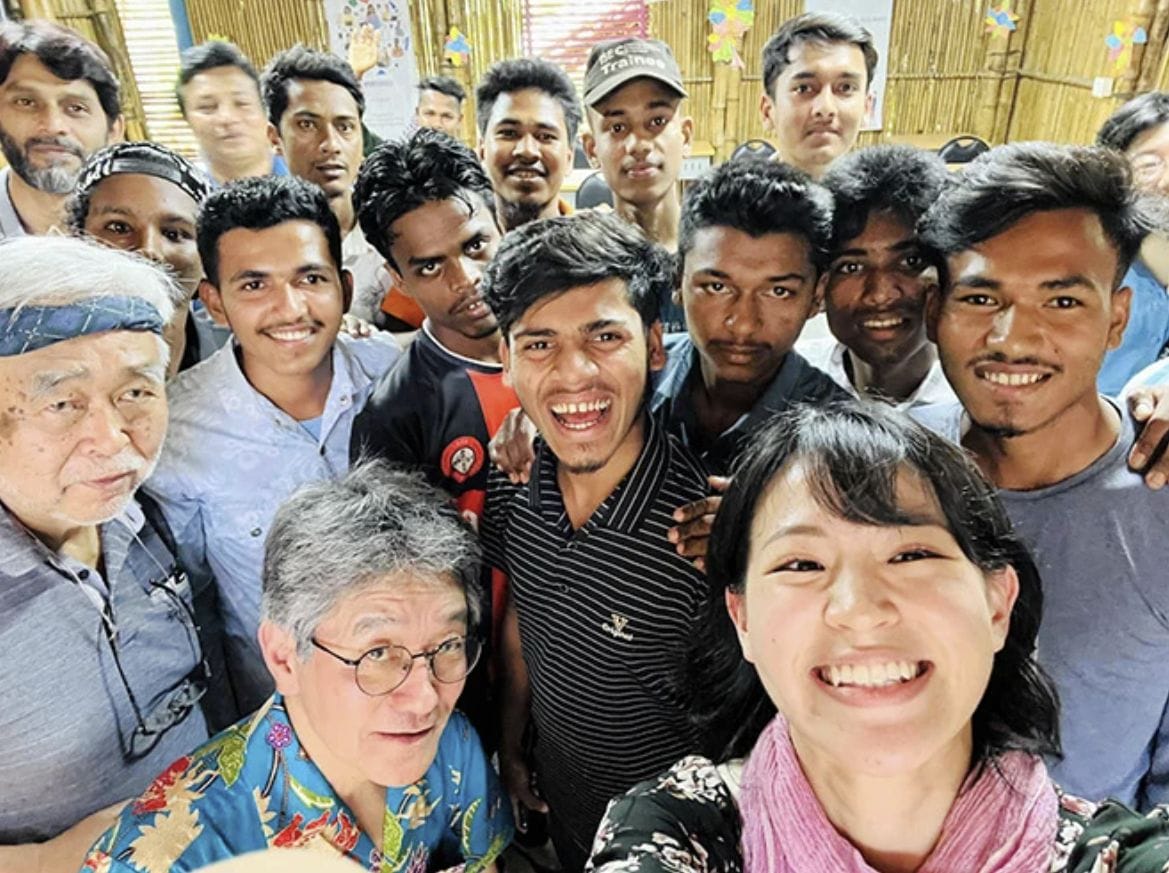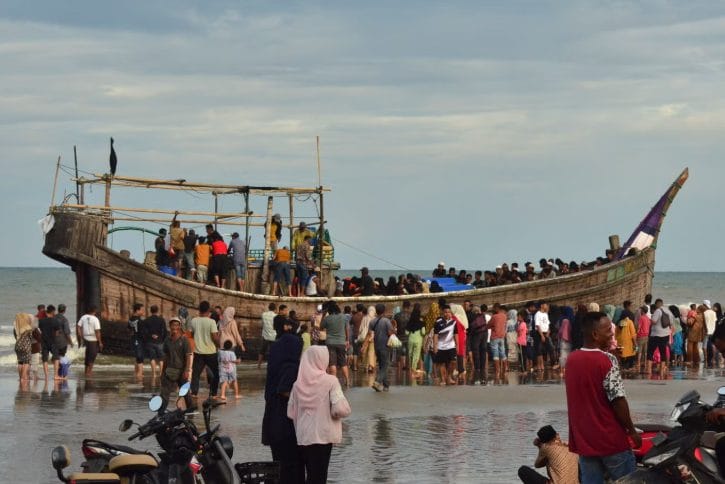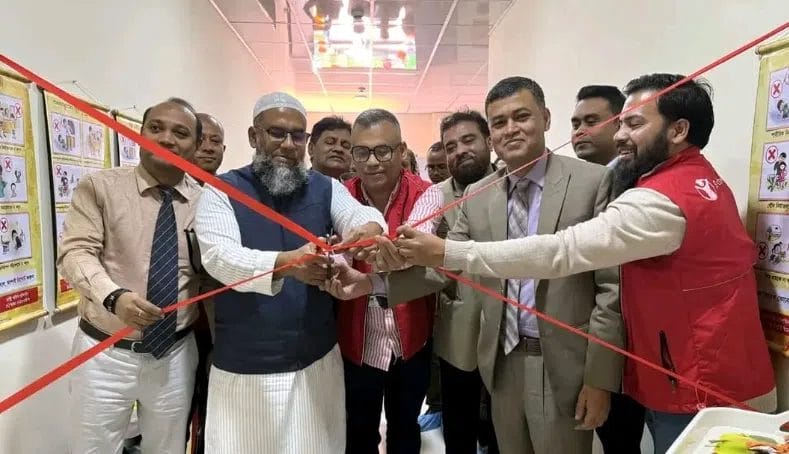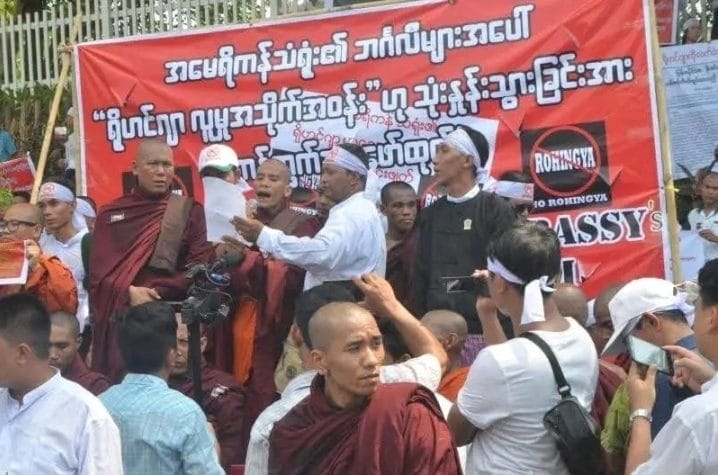Arakan News Agency
A Japanese organization is seeking to bring a number of Rohingya refugees to work and study in Japan, aiming to support the economy, address the labor shortage, and improve Tokyo’s response to calls to alleviate the suffering of displaced people around the world.
The Japanese “Asahi Shimbun” newspaper reported on Sunday that the non-profit organization “Mobility for Humanity” is seeking to launch a new program to select young refugees in camps who want to study and work in Japan for “skilled worker” programs, paving the way for them to be accepted as students. This program is outside the framework of Japan’s government system, which is known for its low refugee acceptance rate.
The organization plans to begin providing training in Japanese language and industrial skills, particularly agriculture, in the camps by the fall, and to receive approximately ten refugees in Japan next year.
The plans aim to help Rohingya refugees apply for skilled workers, a residency category established in 2019 to help Japan address its labor shortage. This system allows workers in this category to achieve economic independence.
Skilled workers in the first category can stay in Japan for up to five years and can apply for the second category, known as “expert skills,” which qualifies them for permanent residency. Applicants must pass a Japanese language proficiency test and a skill test in relevant industry fields to initially obtain the first category.
Nana Yamamoto, an official with the Japanese organization, visited the Rohingya camps in Bangladesh last April, where she met with a number of refugees studying online for various purposes, including applying to universities, running businesses, or helping other refugees.
Yamamoto said that many refugees in the camps have no future to look forward to because they lack opportunities to enroll in regular educational courses or find jobs. She noted that the first category skilled worker status will give them great hope for rebuilding their lives, and that the new arrivals will contribute to Japan not only as workers but also as taxpayers and consumers.
Organization officials expressed their hope that refugees would be able to continue studying the Japanese language in the country, stressing that they plan to work with local governments, businesses, and other entities to ensure that local communities embrace refugees in an organized manner.
The violence and persecution faced by the Rohingya in Myanmar has caused more than a million of them to flee to Bangladesh, particularly after the genocidal campaign waged by the country’s military against them in 2017. The violence and difficult living conditions in refugee camps there are also pushing a number of them to try to move to other countries in search of better opportunities.

















